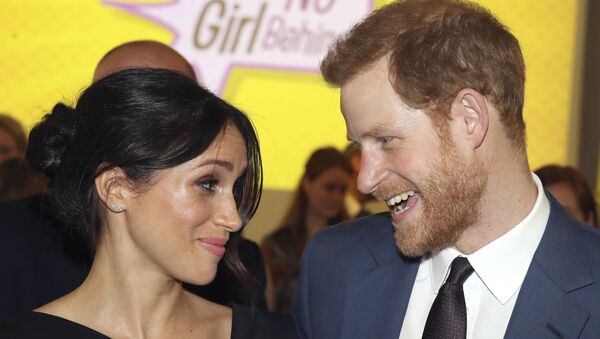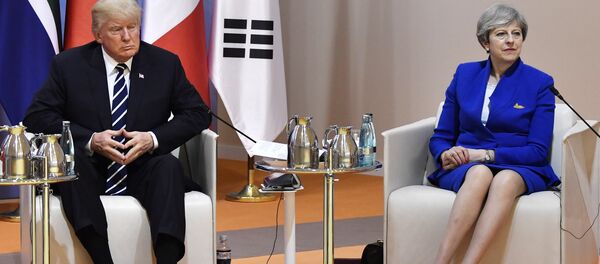Consumer marketing organization Mintel has published a report in which it claims that the upcoming royal wedding between Prince Harry and Meghan Markle is leading to an upsurge in national feeling in Britain.
33 percent of those surveyed said that the royal occasion made them feel proud to be British while a fifth of respondents said it was more likely to make them buy locally sourced products, thus providing an economic boost to the country as well.
Grand royal occasions have often taken place at times of great social and economic upheaval and have repeatedly succeeded in rallying much of the population around the Monarchy, it being considered by many to be the ultimate symbol of the nation.
Grand Occasions
The Coronation of Queen Elizabeth II in 1953 came less than a decade after the end of the Second World War and remains the most opulent state occasion of the Queen's reign. In the popular imagination it served to mark the end of the post-war years of rationing and economic austerity and as a sign that Britain and its empire had recovered from the effects of the two World Wars. The event also coincided with the widespread introduction of television, which made the event viewable to millions which increased the public's sense of national identity and social cohesion.
By 1981, the year in which Charles the Prince of Wales and Diana Spencer were married, Britain was again beset by economic troubles continuing on from the oil crisis of the early 1970s. Widespread rioting in Toxteth and Brixton threatened to overshadow the occasion as economic discontent with the policies of the Thatcher government were already on the rise. The wedding however cemented the popularity of the Monarchy for at least the next decade due to Princess Diana's public popularity and that of her two sons William and Harry.



